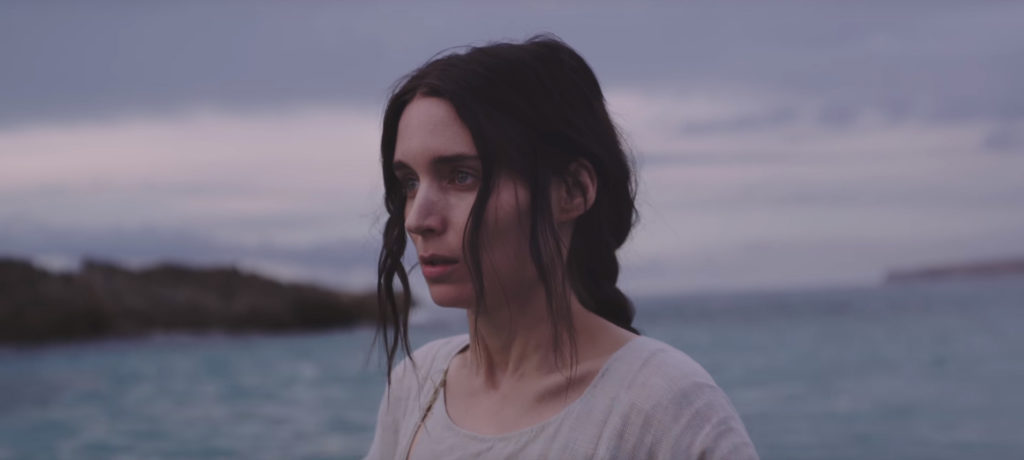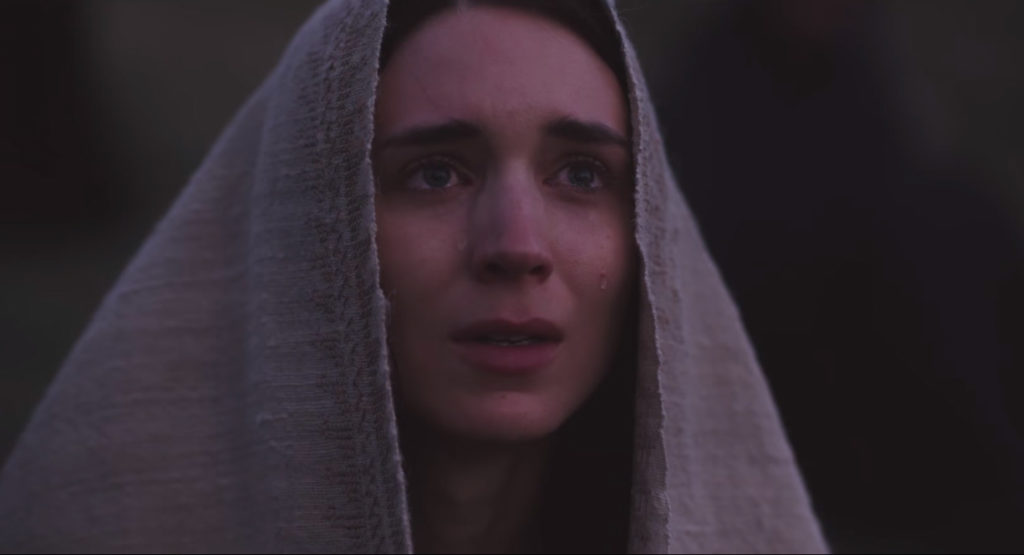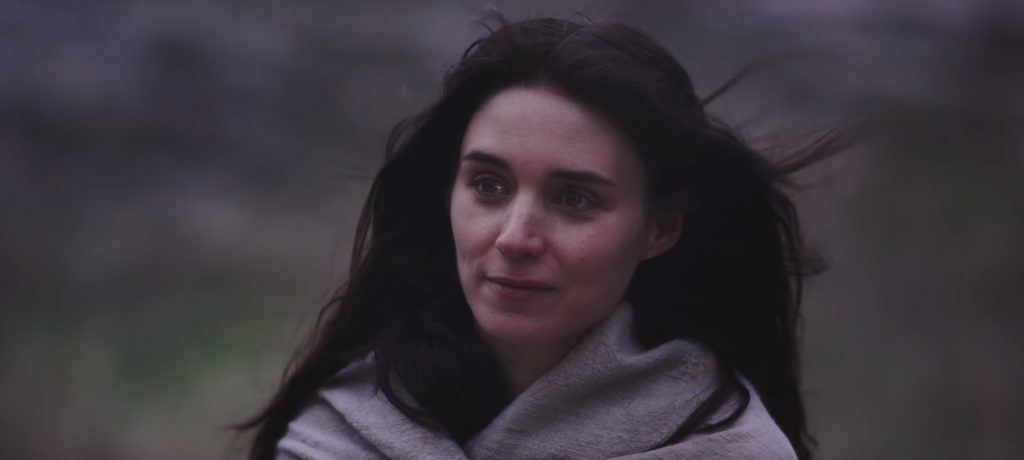Two-time Oscar nominee Rooney Mara (The Girl with the Dragon Tattoo, The Social Network) stars in the titular role of Universal Pictures’ new Biblical drama Mary Magdalene (in Philippine cinemas March 21).
Directed by Garth Davis (Lion) and also stars Joaquin Phoenix (Inherent Vice) and Chiwetel Eijofor (12 Years a Slave), Mary Magdalene is the story of a young woman who leaves her small fishing village and family to join a new movement. Inspired by its charismatic leader, Jesus of Nazareth (Phoenix), and his teachings, Mary sets out with the disciples on the journey to Jerusalem, where she finds herself at the centre of the founding story of Christianity.
For Mara, the film opened her eyes to a new and different way of reading a belief system that formed an important part of her childhood. “I went to Catholic school so I had a lot of preconceived notions about the story and about religion in general,” she explains. “The first time I read the script, it was with a very cynical outlook. Then I spoke with Garth and I understood what kind of film he was making; he got me to look at the story in a different way so the second time I read it, I saw a lot of opportunity and a lot of beauty in it. I thought this was a great opportunity to tell a version of the story that we hadn’t seen before.
“Most other films about Jesus are solely about him, and this time the film is about Mary Magdalene,” continues Mara. “We still see all of the things that we’re used to seeing in biblical films, but we see it through her eyes. And seeing it through her eyes, we get to see it in a very different light. Mary Magdalene is known by most people to be a prostitute, which isn’t true; we get to see where she comes from and who she really is.”
As she’s presented in the film even before she meets Jesus, Mary is a very strong, independent and, in some ways, a modern woman – still unmarried despite being in her early 20s and working with her family of fishermen As Mara explains, “We first meet Mary while she’s living in Magdala with her family and she is very different to everyone in her family. Her family are pushing her to get married and have children, as she’s already considered old, and to do what a woman is expected to do. She’s really resistant to that. I think she really loves the fishing work and she feels very connected to God in a way that she can’t really understand and that she wants to explore more. She’s always felt very different to everyone else and feels she’s never been listened to, so when Jesus comes along he’s the first person who understands what she’s feeling. She’s brave enough to leave her family behind and follow him.”
One of the toughest scenes for Mara was the exorcism scene. Before leaving Magdala to follow Jesus, Mary’s family call on an exorcist to perform an exorcism on her. It is an act of love, the family believes. Davis explains: “They can’t understand Mary’s personality or her choices – they just see it as the demon. The tragic thing about the scene is the family are doing it because they think I’ll make her better but, in fact, they’re just driving her further away. It could have been a very dark and dramatic scene but instead it became something very complex.“
“That scene was really brutal, especially because of the way Garth chose to portray the family,“ says Mara. “He’d created a very loving environment and family. They all care deeply about each other so when the exorcism comes it’s that much more heart-breaking. It doesn’t feel like a cliched version of the bad guys versus the good guys. They really love her, they think they’re doing what’s best for her.”
While the scene was being shot, the cast and crew underwent a bizarre and unsettling experience. “We all had a copy of one of the ancient texts as we were preparing for the scene,” says Davis, “and almost the minute we started walking into the water, the wind just stopped. Completely. There was no movement. And then lightning started breaking all around us. It freaked everyone out! An interesting moment of life mirroring art.”
Mary Magdalene is distributed in the Philippines by United International Pictures through Columbia Pictures.




